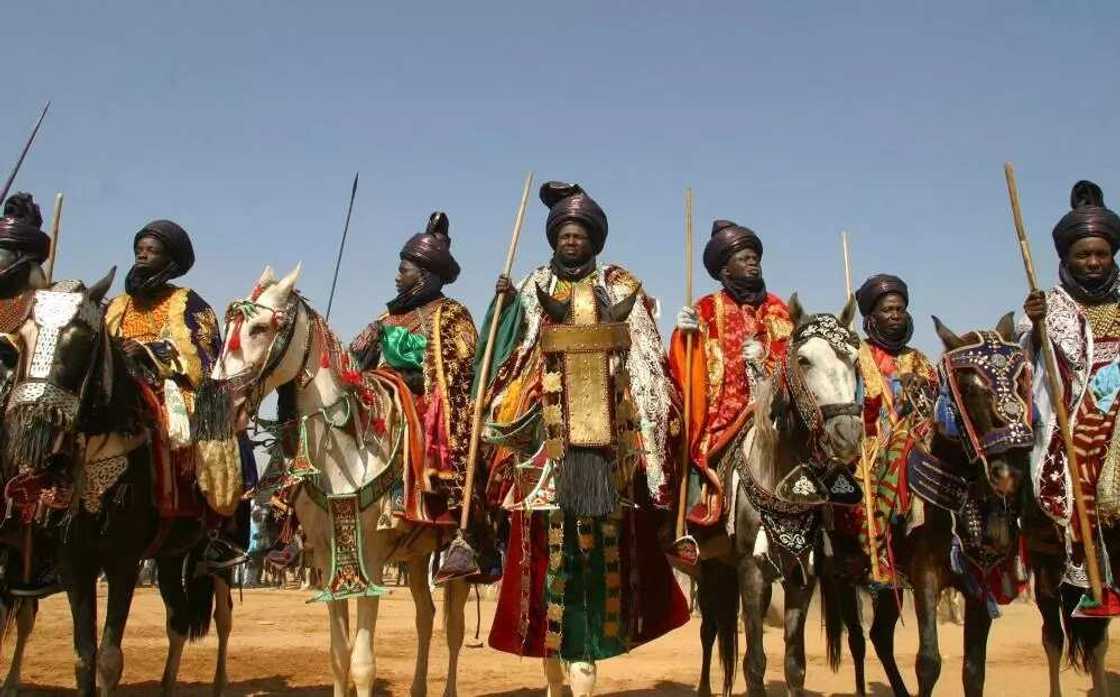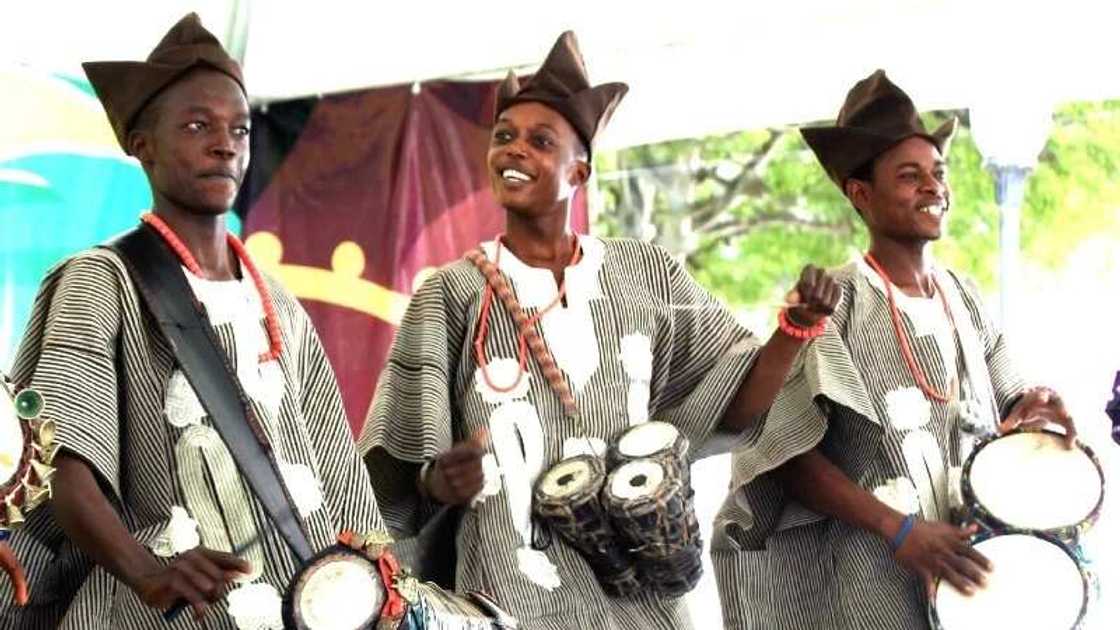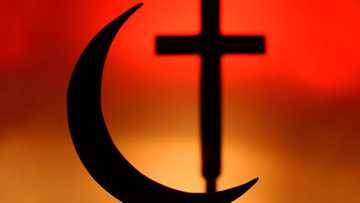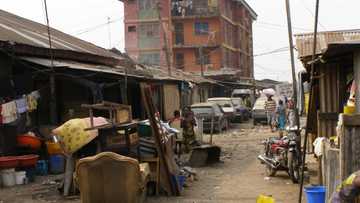The problem of tribalism in Nigeria: causes, effect, solutions
Tribalism is a serious threat to any country. Unfortunately, Nigeria is not entirely free from this issue either. Learn about the problem of tribalism in Nigeria and possible solutions.

What is tribalism?
Before we have a discussion about tribalism in Nigeria, we should probably clarify what exactly this word means. Tribalism is defined as the state when people are organized by tribes and their lifestyles.
The tribe means either the clan or extended kin group which shares a common ancestor, or, according to a more modern definition, it is a group of people who share common lifestyles, habits, and interests.
The problem of tribalism is that people of different tribes are separated from each other. The tribe members usually identify with their tribe very strongly and they feel truly connected only with people of their own beliefs. They often have set stereotypes about the other tribes, which prevent them from broadening their mind, learning more about different cultures and befriending people who do not belong to their own tribe.
A tribalist is a person who:
- Boasts about the merits and good qualities of the tribe, but refuses to recognize its bad qualities and faults, sometimes even trying to hide them.
- Shows favoritism towards people of their tribe and is picky when it comes to people who do not belong to their tribe.
- Gives all the privileges to the native tribe’s people, but tries to exempt them from any obligations and duties when it comes to humiliating and dangerous missions.
- Firmly believes that people from the other tribes are not worthy of help, sticks to the stereotypes against them.
- Prefers marriage only between the members of a native tribe, as opposed to the intertribal marriages.
There is a huge number of tribes in Nigeria. This includes lots of different minor tribes, but the largest and most famous ones are Igbo, Yoruba, and Hausa. All of them have their own customs, culture and beliefs. Sometimes, these tribes can misunderstand each other because of their different worldviews, and this is one of the biggest social problems in Nigeria nowadays.

What are the causes of tribalism in Nigeria?
Tribalism can be interpreted as superiority complex among specific ethnic group, which makes them prejudiced towards their neighbors. The existence of tribalism traces back to the era of slavery. However, in the modern days of Nigeria, this issue still exists and prevents so many people from getting along and uniting to combat more relevant issues, which concern all of the Nigerian people. Tribalism influences many spheres of social life – for instance, quite often competent workers is overlooked because of their tribal identity.
There are a lot of causes which contribute to the unfortunate tendency of tribalism in Nigeria. Here, we will list some primary ones.
- Amalgamation – the merging of northern and southern protectorates in 1914 is widely considered to be a mistake. These neighbors are culturally incompatible. These differences have always been the main reason for social and political disagreements. Both northern and southern region have some religious and ethnic minorities, which see the main ethnic groups as oppressors. Since Nigeria is formed of so many ethnic groups, the nation is divided, and the country lacks real unity.
- Resource control – this is another issue which causes ethnic conflicts in the country. Nigeria’s resource control is a real issue, which has been relevant because of the country’s environmental downfall, and the lack of development in Niger Delta which is essential for the nation’s economy.
- Marginalization – this term means underestimating the importance of a particular ethnic group. Since there are so many ethnic communities in Nigeria, there is a high chance that some of them will be unseen and unheard, and their opinion, in the long run, will be made unimportant. Even though the government is searching for a proper solution to this problem, it has a long way to go before it is finally solved.
- Constitutional reform – since the 1999 constitution is often viewed as a military-centered document, many people are demanding the new one, which will clearly define the rights of citizens and their privileges by the place where they currently reside, and not the place of their origin. Also, the toxic influence of religion on the political life should be dealt with. There are a lot of problems with it, and the government is working on the way to compromise, but it still causes ethnic conflicts among people.
- Religious intolerance – one of the critical issues in Nigeria is the conflict between Muslims and Christians. There is a strong hostility between these two groups, both religious and ethnic. The religious bigotry has already caused a lot of deaths. A lot of nationalists strongly believe that there is no country like Nigeria, only a territory and that it was a colossal mistake to unite the northern and southern parts. The Islamist organization “Boko Haram” is also a significant problem, because they regularly terrorize and kill people who support the western ideals and traditions, both Christians and Muslims. They are trying to impose the radical Muslim faith and Sharia law on people. However, Nigeria is a multi-religious country, and everyone should be allowed to express their own beliefs freely.
- Lack of vision – since the country is formed out of different nationalities which all have their own views and traditions, there is no such thing as patriotism when it comes to Nigeria. It is hard to inspire the patriotic feeling in the citizens. Even though Nigeria has a national anthem, flag and other symbols of national identity, not many people attach any deep meaning to them.
READ ALSO: What is cultism and its effects?

Source: UGC
What are the effect of tribalism in Nigeria?
Tribalism obviously has an extremely negative effect on Nigeria’s unity, and in some cases, can even be life-threatening, because some people are ready to do anything to stand for their ideals.
The tribalist experiences of the other countries show us that such division brings nothing but conflicts, fear and exclusion. To become a really strong nation, we have to accept each other with all the differences and try to find the compromises in a peaceful and non-violent way.
Nigerian people show their strongest qualities and learn to get along with each other regardless of their cultural and social differences, Nigeria will become a nation instead of a territory.
READ ALSO: Effects of population growth in Nigeria

How to combat tribalism?
Fighting tribalism with acceptance is extremely significant for every Nigerian. Instead of pointing out each other’s differences and blindly following the stereotypes, people need to learn to see good things and possible contribution to the future of the country in each other. Today, the young generation is really aware of how important is tolerance, and how much it helps to build healthy relationships between people. There is still a lot to learn, but the first steps are done.
Here are some of the ideas which can bring us closer to combating tribal rivalry and prejudice. Eliminating this issue is a collective effort, that is why it should be done not only by the influential governmental figures but every single person. Perhaps, if every Nigerian will consider following these principles, we will become a powerful and advanced nation together:
- The religious leaders should help people fight tribalism instead of emphasizing religious differences and trying to impose certain aspects of religion and culture on people who have different beliefs.
- The tribes have a hard time realizing the issue of tribalism and its importance. Many people have never heard about how dangerous it can be, and they mix up healthy patriotism with prejudice towards other tribes. The problem of tribalism should be more publicized, this way more people will learn about it and contemplate the issue.
- People should learn and understand at least the basics of the other languages. It will significantly tone down the misunderstandings between different tribes. That is why the major tribe languages (Igbo, Yoruba and Hausa) have to be included in the schools and universities all over Nigeria.
- The inter-tribal marriages should be encouraged. There are no significant reasons why the Igbo and Hausa, Igbo and Yoruba, or Hausa and Yoruba couple should not get married. The same applies to a Nigerian person and someone who is not from Nigeria. Sure, they are used to different cultures and traditions, but they could easily teach each other more about their culture. Forbidding the inter-tribal marriages is a thing of the past and Nigeria has to be a progressive society, not a divisive one. Also, people should have more friends and acquaintances from other tribes and communicate with them often.
- The different customs from the tribes have to be thoroughly examined, and those that make barely any sense or pose some threat to people should be evicted. People all over Nigeria have to adopt the modern and healthy customs which will show their traditions in the best way.
- Promoting everything Nigerian is important. The Nigerian people need to have common values and patronize the music, arts, and various other goods made by the fellow citizens. Most importantly, we have to be proud of everything native.
- Sincerity is the key to happiness. To beat all the negative feelings, we have to be sincere and trusting with each other. Where there is mistrust, there is also hatred and prejudice.
- We have to erase the tribalistic approach to education and teach our children to be accepting of each other.

We are all Nigerian, and in our differences lies our strength. It is a great mission for us to teach our children to be conscious of their Nigerian identity and unite as Nigerians, as well as accept other cultures. Hopefully, soon the situation changes for the better.
READ ALSO: List of social problems in Nigeria
Source: Legit.ng






